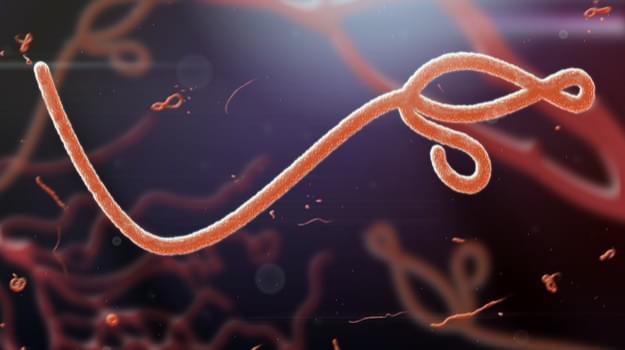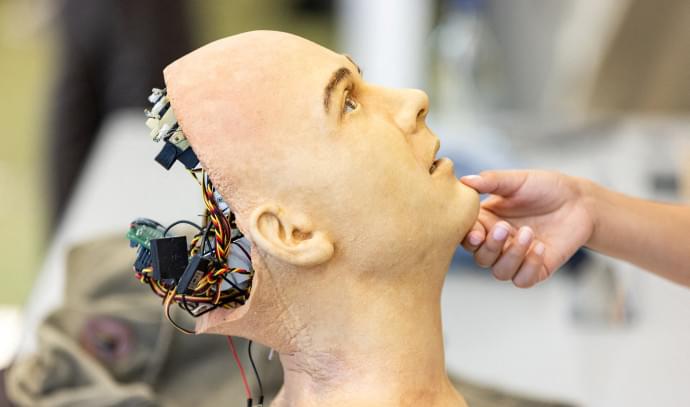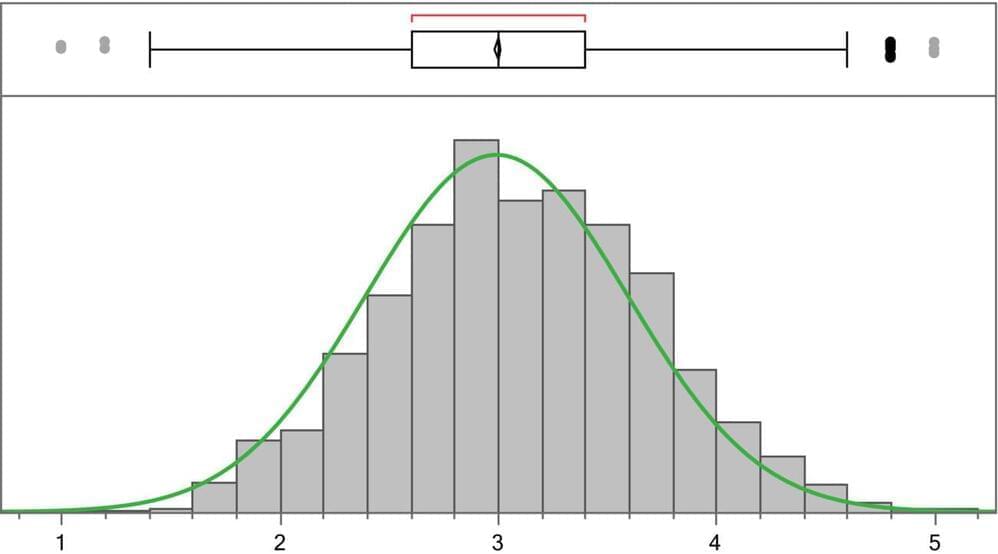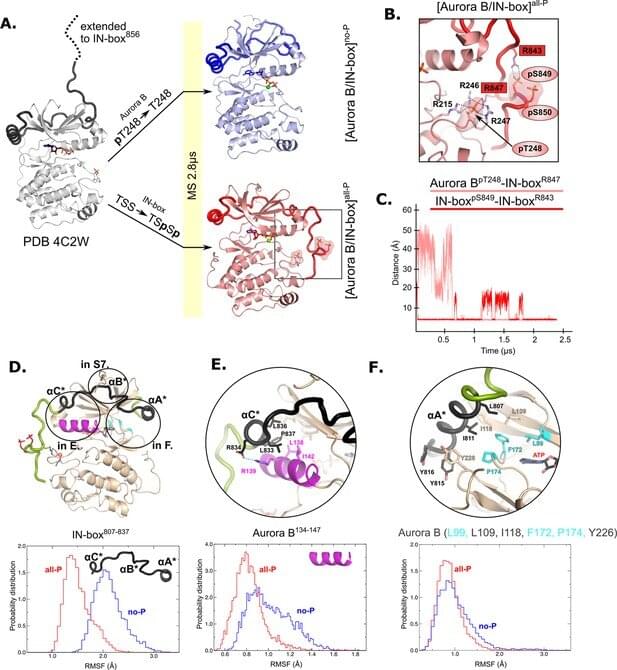Researchers have combined research with real and robotic insects to better understand how they sense forces in their limbs while walking, providing new insights into the biomechanics and neural dynamics of insects and informing new applications for large legged robots. They presented their findings at the SEB Centenary Conference 2023.
Campaniform sensilla (CS) are force receptors found in the limbs of insects that respond to stress and strain, providing important information for controlling locomotion. Similar force receptors exist in mammals known as golgi tendon organs, suggesting that understanding the role of force sensors in insects may also provide new insights into their functions in vertebrates such as humans.
“I study the role of force sensors in walking insects because these sensors are critical for successful locomotion,” says Dr. Szczecinski, an assistant professor in the Department of Mechanical and Aerospace Engineering in the Statler College of Engineering and Mineral Resources at West Virginia University, U.S. “The feedback they provide is critical for proper posture and coordination.”








